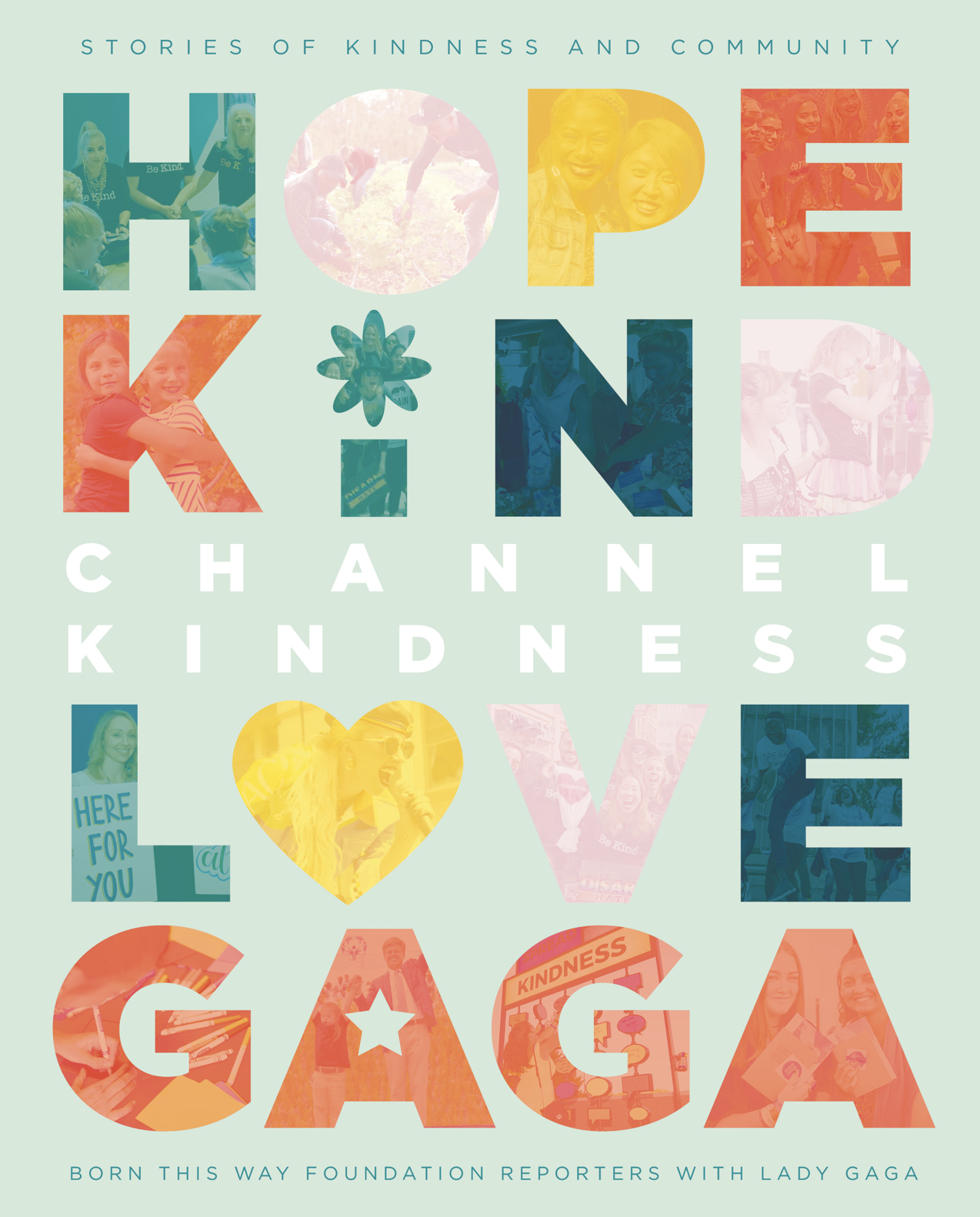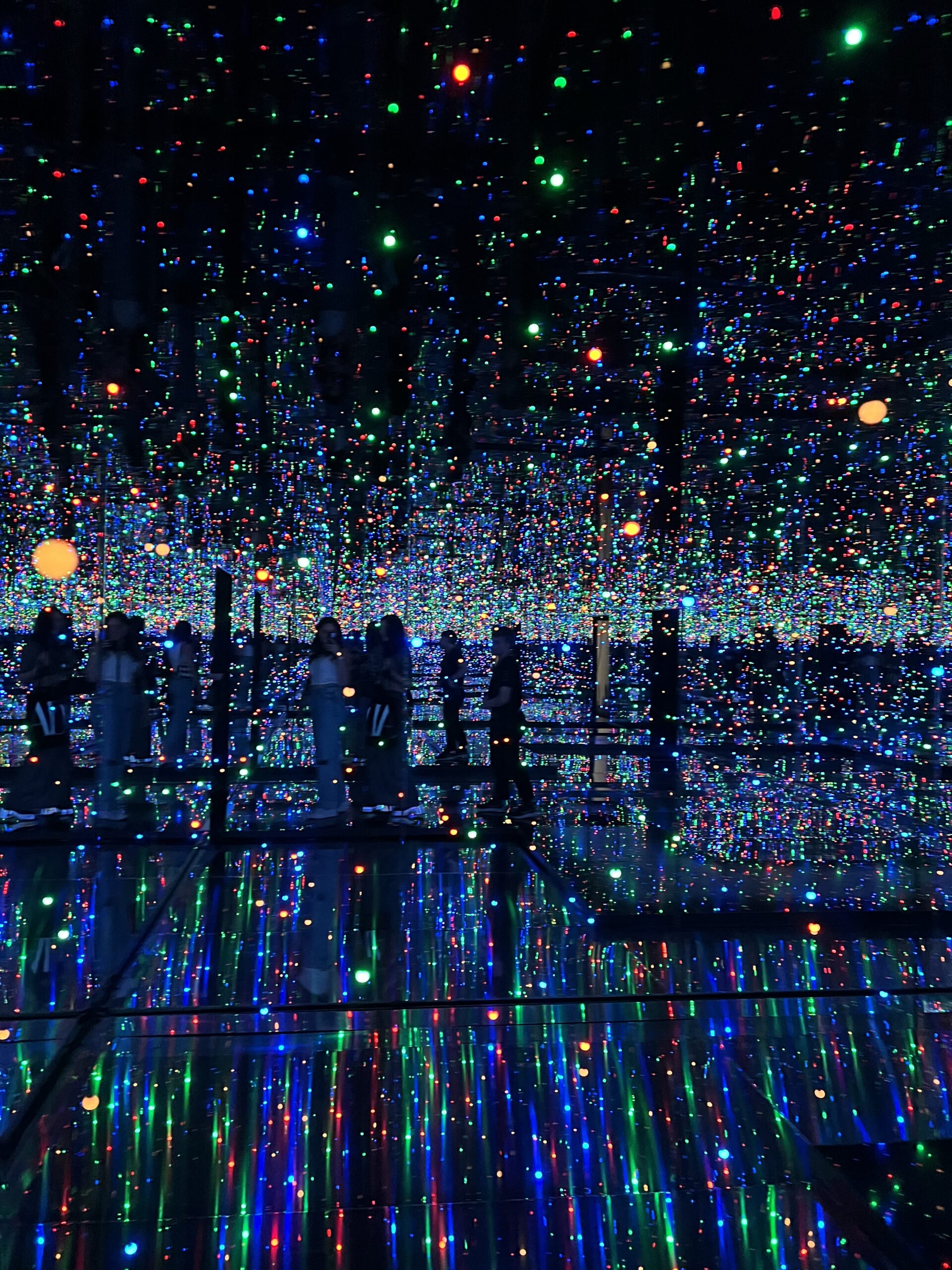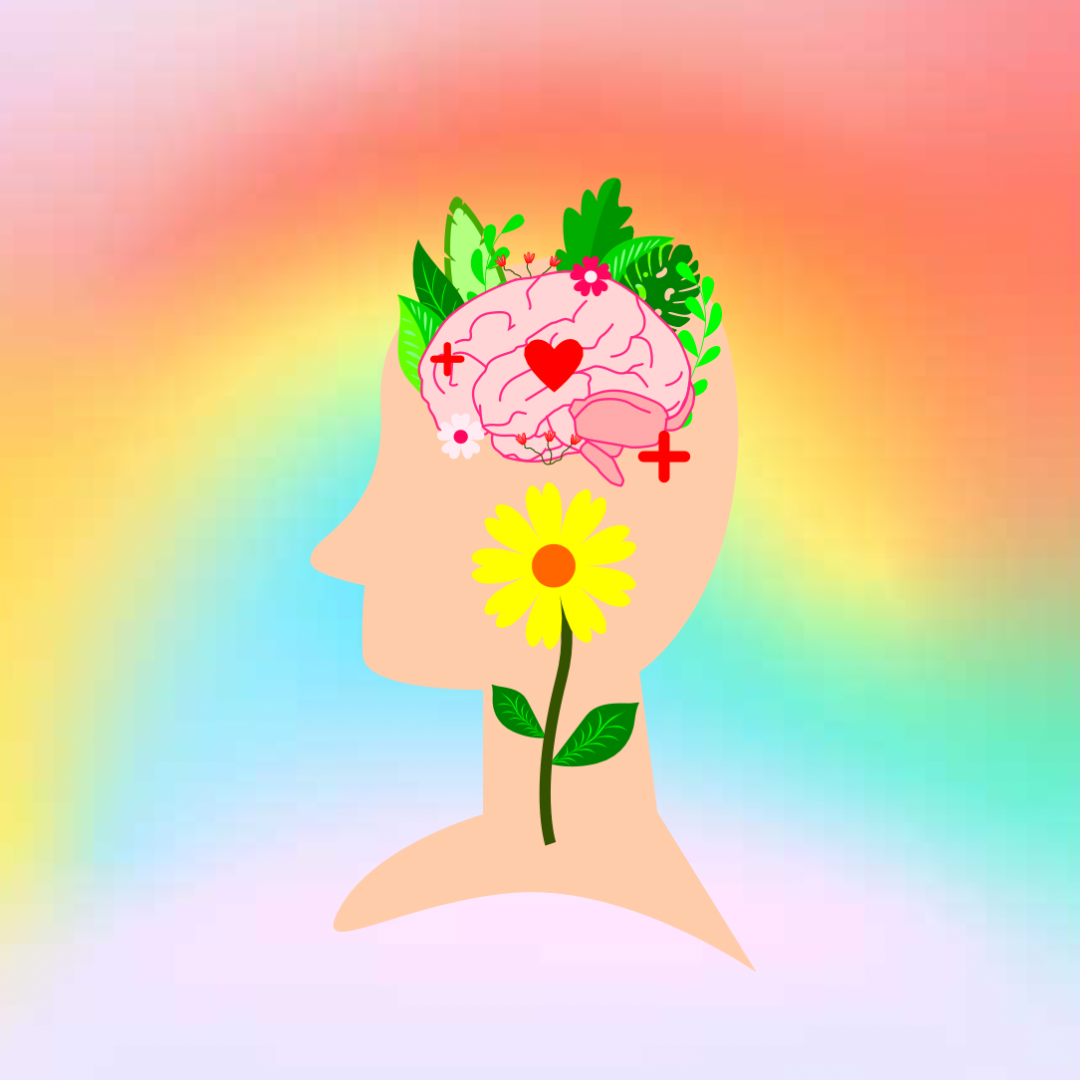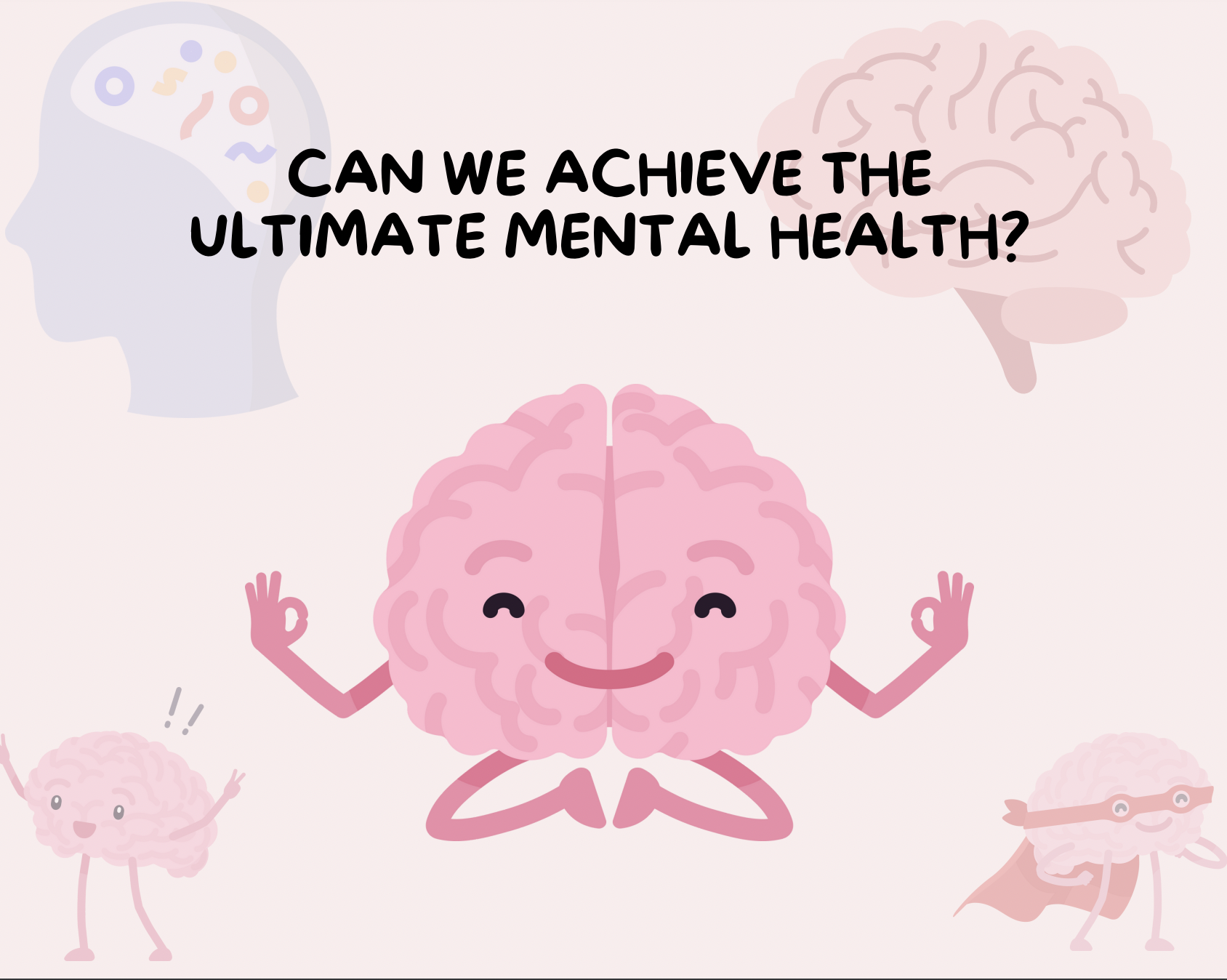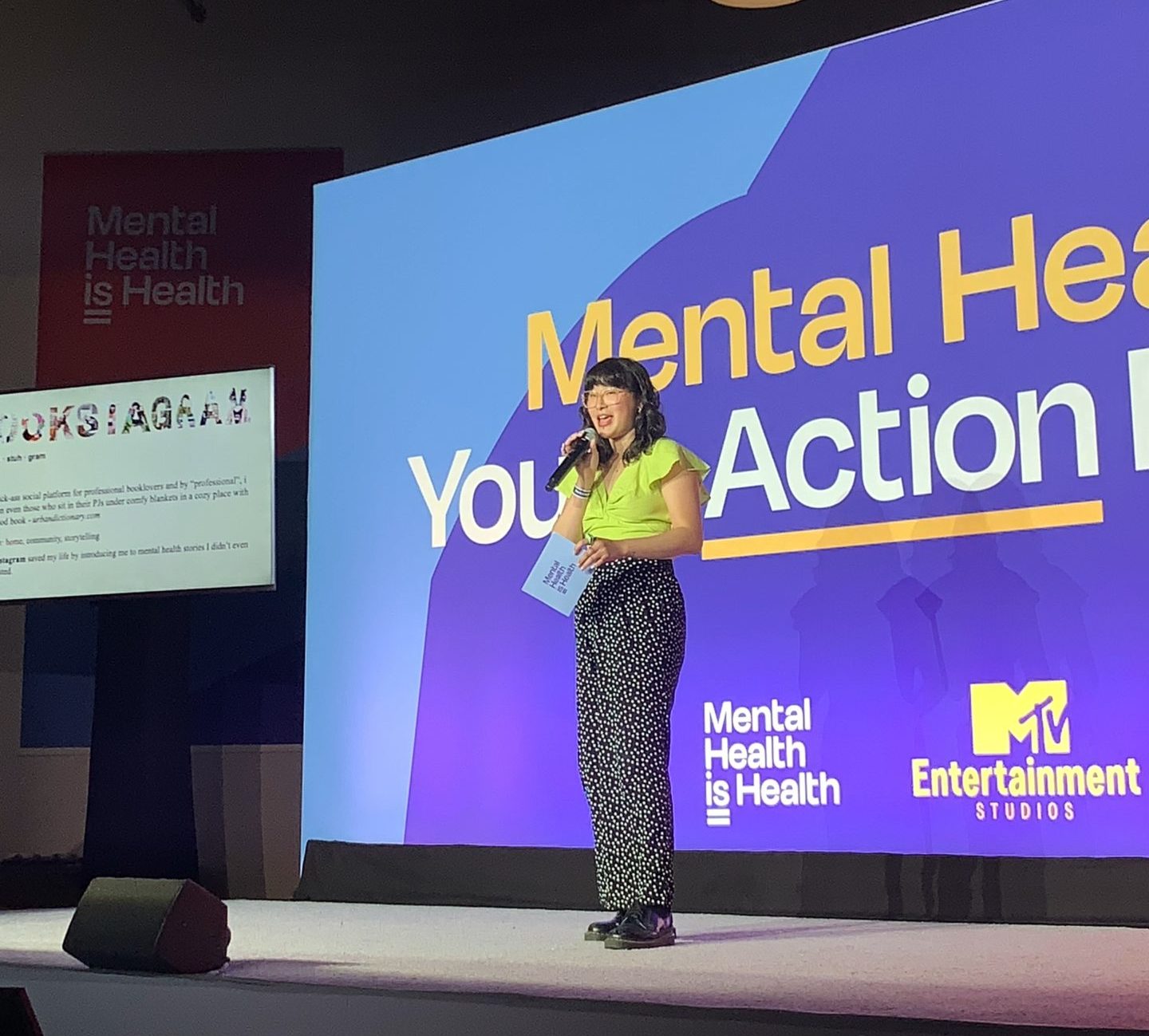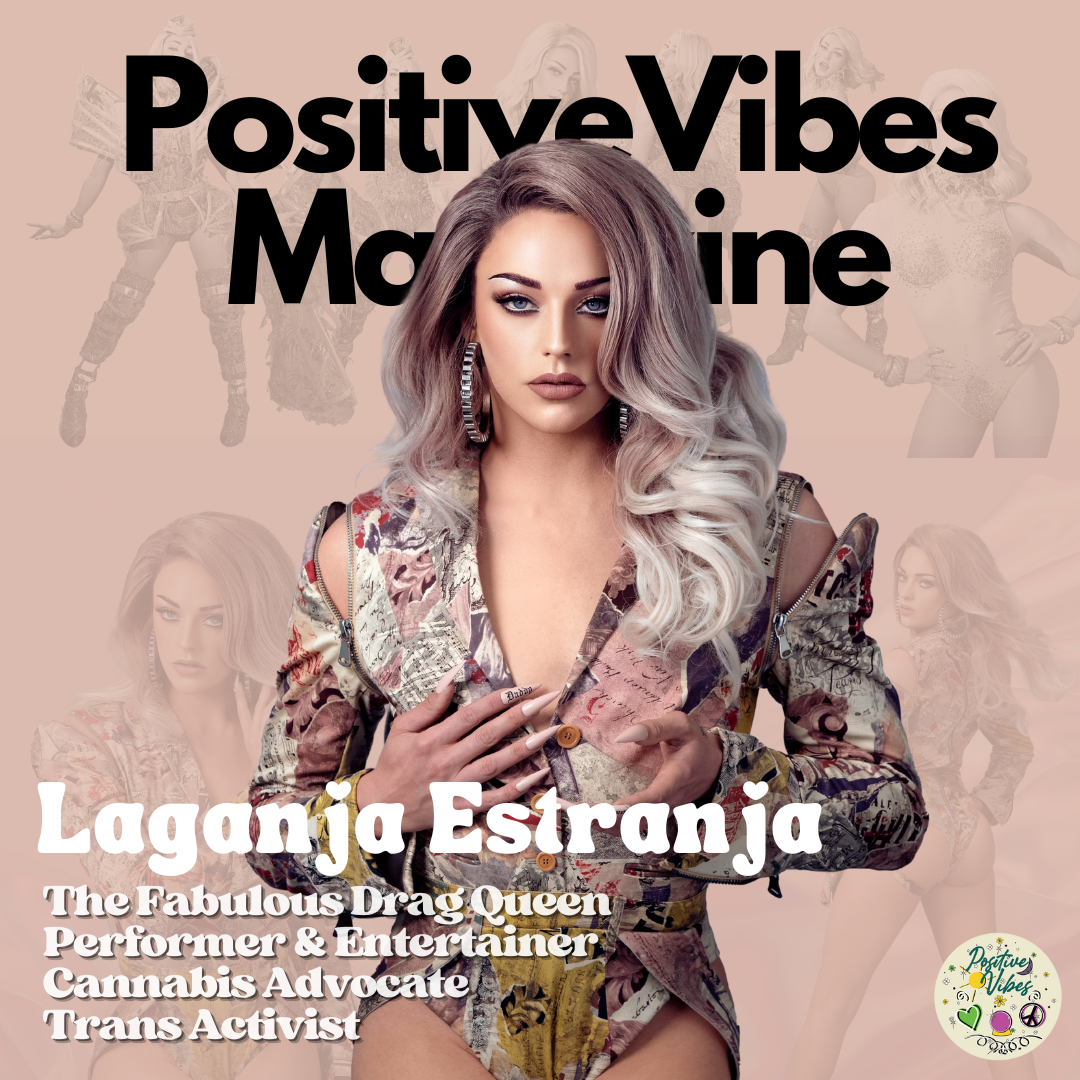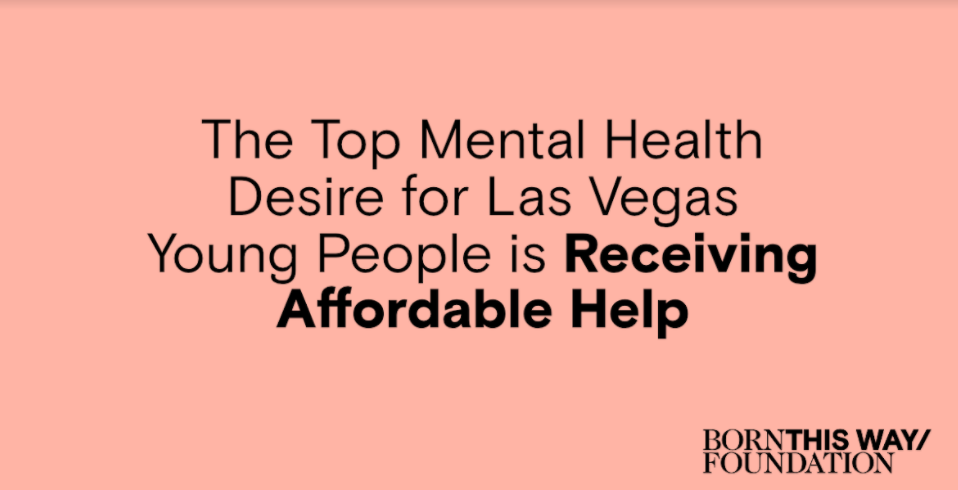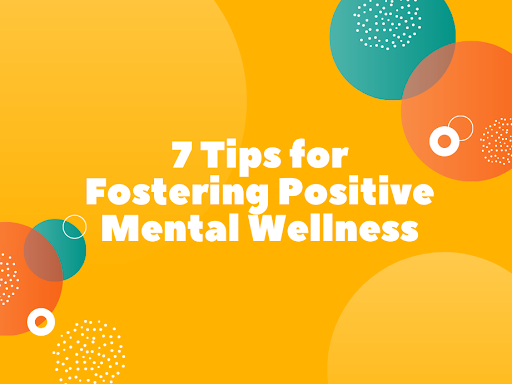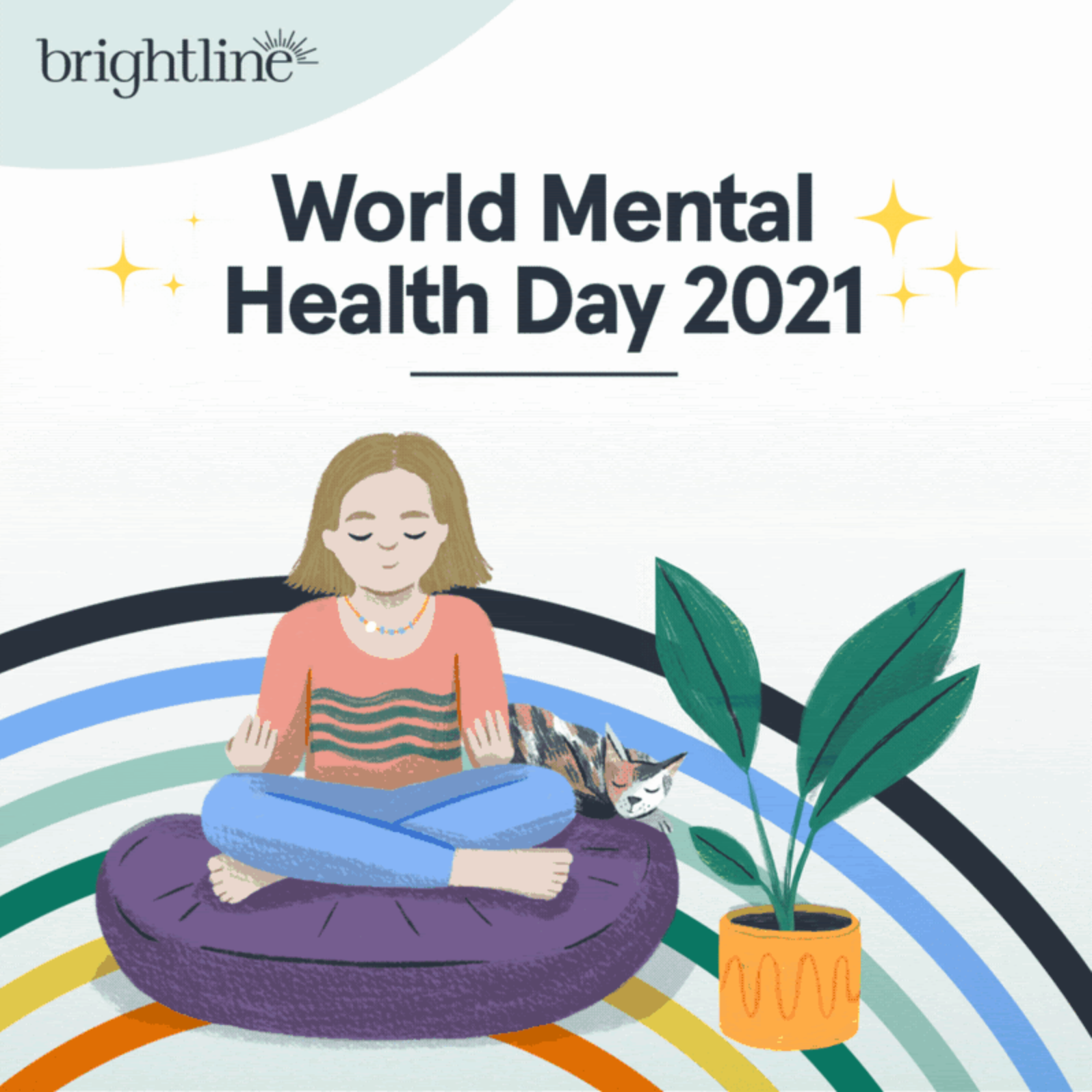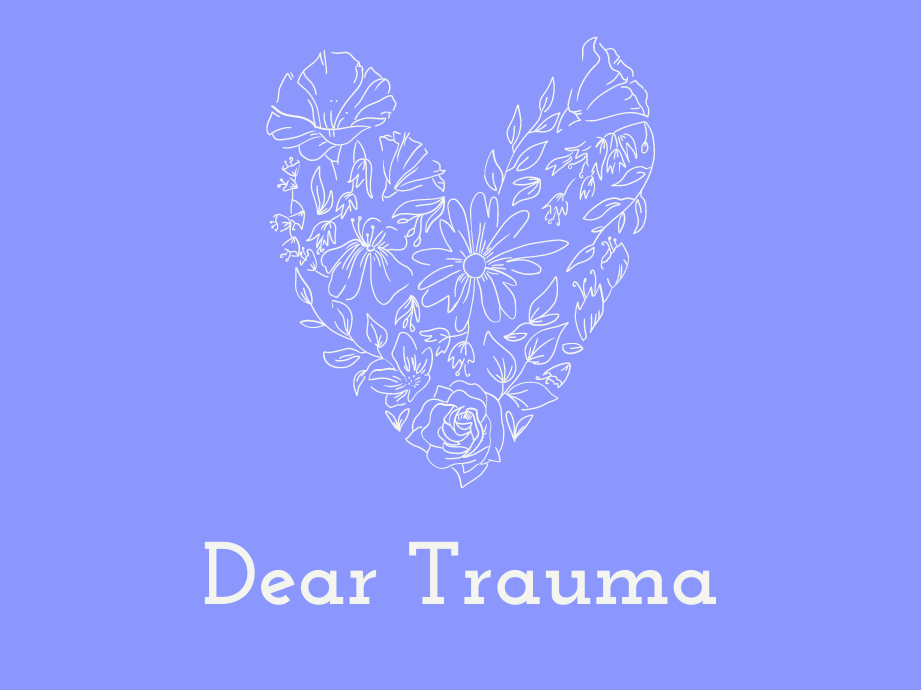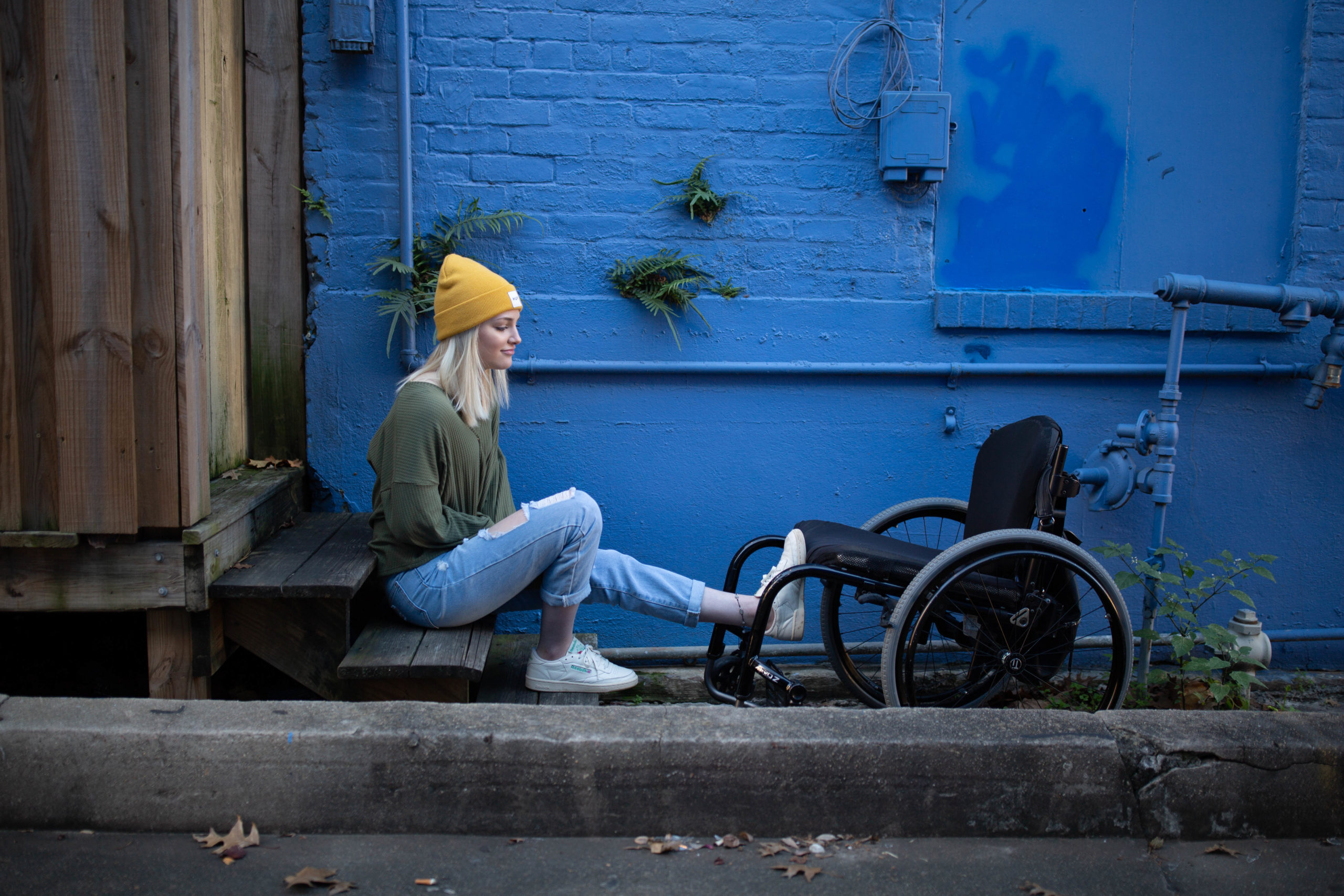July is BIPOC Mental Health Awareness Month, which serves as a call for us to join together in community, conversation, and collaboration to address the disparities in and prioritize mental health in BIPOC communities.
First, some history. Officially recognized in July 2008 as Bebe Moore Campbell National Minority Mental Health Awareness Month—Campbell having been a powerful force in mental health advocacy, particularly through her work in literature, journalism, and education—BIPOC Mental Health Month is a necessary step toward reckoning with the ways in which the overwhelmingly westernized framework of mental health support can do real damage to both the quality and availability of mental health care for historically excluded communities of color.
In honor of this, we invite you to support yourself, others, and the future of our world by:
- Learning: In our recent report, Kind Communities: Perspectives from LGBTQ+ Young People, we found 1-in-5 (or 20%) of LGBTQ+ Black young people rate their mental health as “poor” and approximately 1-in-4 (or 28%) of LGBTQ+ Transgender or non-binary BIPOC young people rate their mental health as “poor.” We invite you to learn more in the report including suggestions for how you can support your own and others’ mental health.
- Finding resources for support: Our resource page consists of helplines, services, information, and other supports including a tab specifically for culturally competent care.
- Sharing your story: When you sign up for the Channel Kindness Storytellers Club, you’ll join a free writing workshop that gives you the tools you need to tell your story, build community, and feel more comfortable expressing yourself through writing.
- Taking action: You can learn more about the history of BIPOC Mental Health Month, find ways to take action in support of the mental health of communities of color, and find a directory of resources for BIPOC communities in this guide from Mental Health America.
Building a kinder, braver world requires all of us to do so together—and the first step is ensuring we all have the respect, care, and resources we need. That means investing in accessible, equitable, and culturally and contextually informed mental health care which not only addresses but also uplifts the incredible diversity of our world. There is so much power in our kindness movement as we engage in meaningful reflection and actions taken with and for our most vulnerable communities.
Thank you for being part of our Born This Way Foundation community and for everything you do to build a kinder and braver world.




